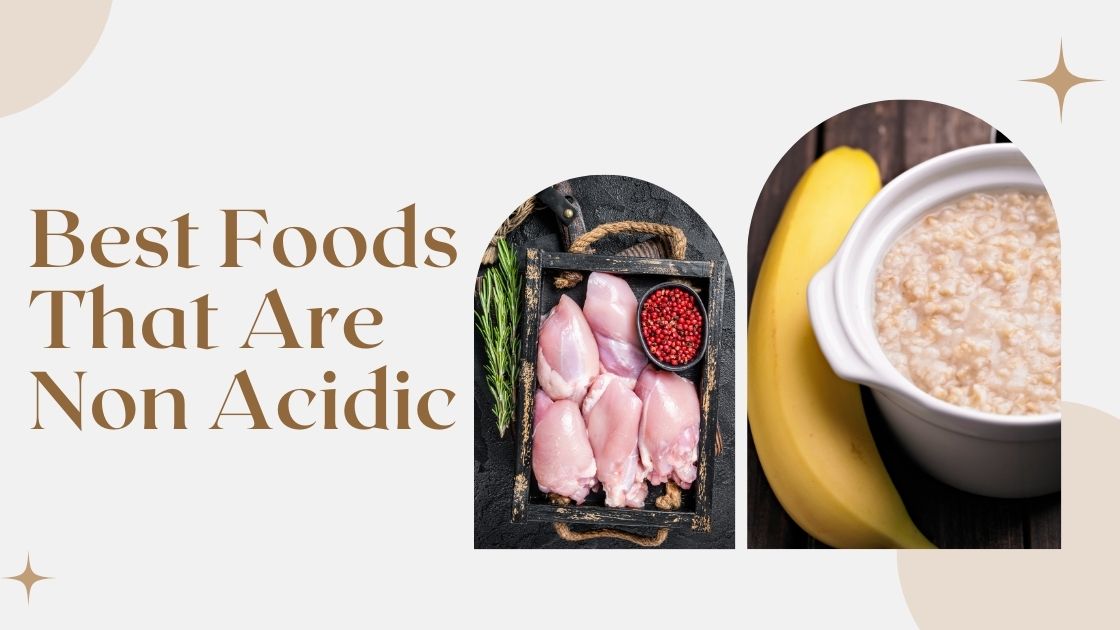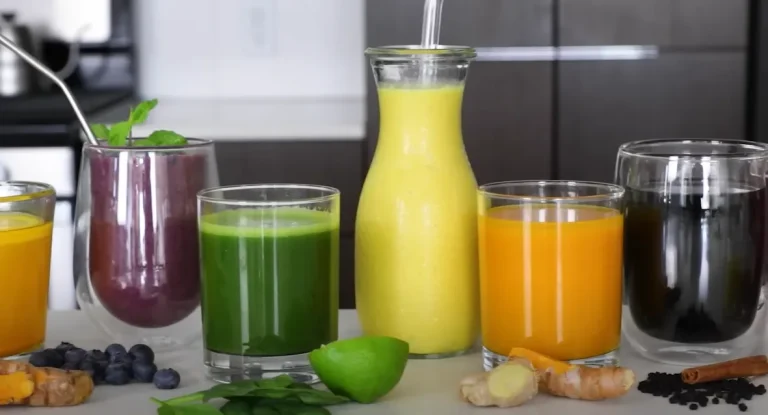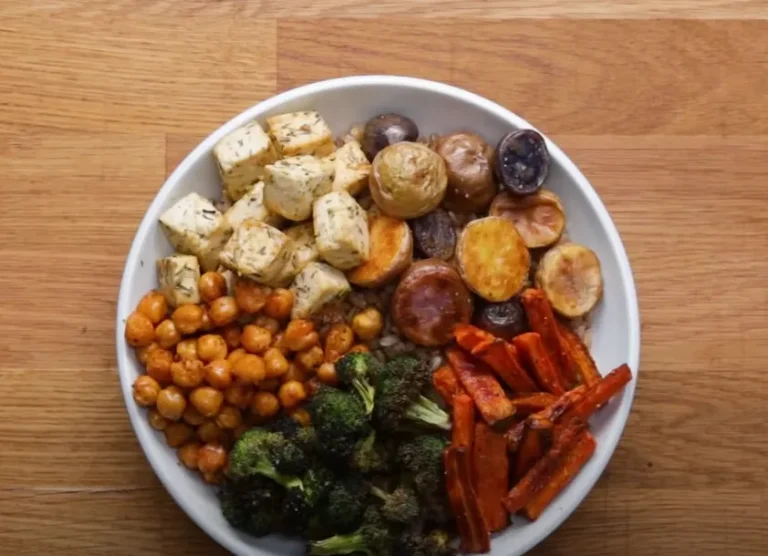Are you looking for healthy eating guidelines that don’t involve acidic foods?
If so, you’re in luck!
- Non-acidic foods are beneficial for maintaining good dental health and overall health
- Processed foods, fried foods, carbonated drinks, and foods high in citric acids are acidic and should be avoided
- Non-acidic foods, such as fruits, vegetables, legumes, whole grains, nuts, and seeds, are good for your health
- Consuming more low-acid foods can help reduce symptoms associated with heartburn and acid reflux
- Following a non-acidic diet can improve digestion, strengthen the immune system, aid in weight management, and promote balanced pH levels in the body
This blog introduces and explains what non acidic foods are and the benefits of an alkaline diet.
Let’s check for foods that are not acidic for the human body.
We all know a healthy diet should include plenty of vegetables and fruit, whole grains, low-fat proteins, and water.
But what about the acidity, or pH value, of certain foods?
Are there any benefits to following a low-acid diet?
What are non acidic foods?
And why are low-acid foods becoming more and more popular?
By introducing you to a few of the best foods that are low in acidity and good for your health, this blog aims to help you make the right food choices for your health.
About non acidic foods

The acidity (or alkaline) level of food refers to its individual pH levels, which range on the pH scale from 0 (very acidic) all the way through to 14 (very alkaline).
Eating foods that are low in acidity is an important step in maintaining good dental health and overall good health.
Not only are these foods a great way to avoid tooth decay, but they’re also a great way to improve your mood.
Some of the worst culprits for acid production involve processed foods such as fried foods, carbonated drinks, and certain foods that are high in citric acids, such as candies and artificially flavored snacks.
On the other end of the pH scale, low-acid foods can be good for your overall health, both physically and mentally.
They reduce the risk of heart disease, stroke, and some types of cancer, and they can help you maintain good oral health.
Swapping processed snacks for healthier options like fruits and vegetables is a great way to start incorporating more alkaline foods into your diet.
Some examples of foods that are not acidic include fruit, vegetables, legumes, whole grains, nuts, and seeds.
It’s easy to incorporate more non acid foods into your diet; simply swap out processed snacks for healthier options like fruits or veggies!
Consuming more low-acid foods will also help reduce the symptoms associated with heartburn and gastroesophageal reflux disease and alleviate acid reflux symptoms.
Alkaline diet plan basics
A healthy diet is essential for good health, but it can be challenging to stick to a diet that is entirely acid-free.
That’s why it’s important to know about the different types of alkaline foods and how they can help maintain a proper blood pH level balance in the body.
Maintaining an alkaline diet can improve digestion, strengthen the immune system, aid in weight management, and promote balanced pH levels in the body.
Many foods are high in acid and can damage teeth, bones, and other organs and so it is important to find food with no acid.
By eating mostly alkaline foods like non acidic fruit juices, you can help restore this balance and promote good health overall.
It’s important to avoid foods that can weaken the lower esophageal sphincter, such as fried foods, processed foods, and foods high in citric acids.
So what are some of the examples of non acidic foods?
Here are 12 non acidic foods list that are great for an alkaline diet:
12 Foods that are non acidic
Here are the list of non acidic foods that are good for your health:
Bananas

Bananas are one of the best low-acid fruits to include in your low-acid diet, as they are low in sugar and potassium and have a healthy dose of magnesium.
Compared to many other highly acidic fruit like citrus fruit, bananas are a healthier choice and are less likely to irritate your delicate stomach lining.
Skinless chicken
Skinless chicken is a great option for those looking for an easy, healthy meal that won’t damage their skin or digestive system.
It also contains omega-3 fatty acids, which are good for heart health.
It can be cooked in many ways, making it versatile and a healthy alternative to red meat.

Skinless chicken is low in acid and has no cholesterol, making it a great food choice for those with acid reflux symptoms or heart disease.
Fish
If you’re looking for a portion of healthy and nutritious food, look no further than fish!
Not only is it low in acid, but it’s also a great source of omega-3 fatty acids, which are essential for preventing heart disease and other health problems.

In addition to being high in protein and vitamin D, fish is also a good source of iron and zinc.
So, next time you’re feeling peckish, don’t forget to include some good old-fashioned fish in your diet!
Oatmeal
Oatmeal is a great breakfast food that’s low in acid and provides many nutrients.
According to a systematic review, oat-based foods and beverages have been found to have alkaline properties, which may help neutralize stomach acid.
It’s also filling, so you won’t feel hungry until lunchtime.
What’s not to love?
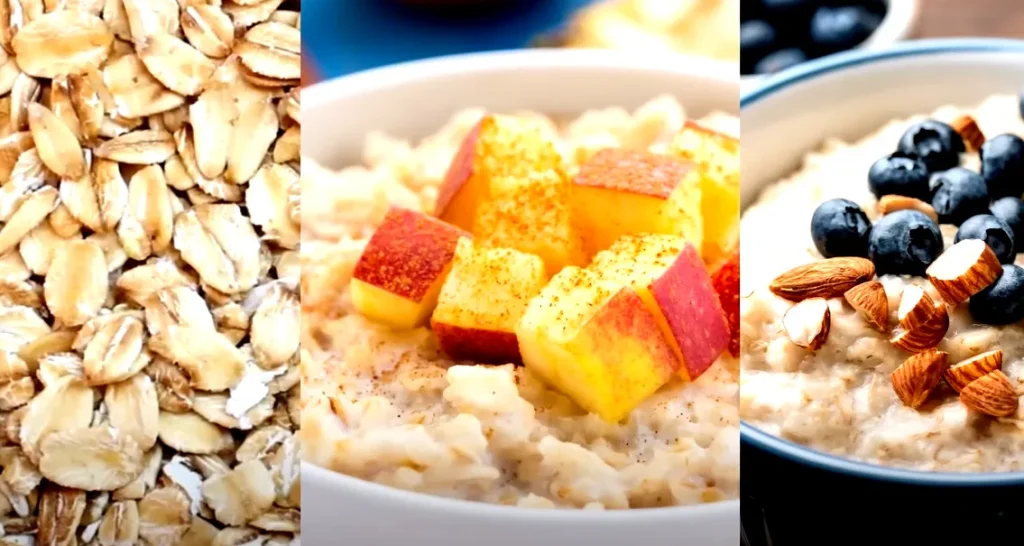
If you’re looking for a healthy, simple, and easy-to-digest breakfast option, oatmeal is a great choice.
Another great thing about oatmeal is that it can be eaten cold or hot, which makes it versatile for any mealtime.
So, go ahead and give oatmeal a try!
Almonds
Almonds are one of the healthiest foods you can include in a non-acidic diet.
They’re high in fiber and healthy fats, as well as antioxidants, which can protect your cells from damage.
Shelled almonds make an easy snack or breakfast item that will keep you full all morning.
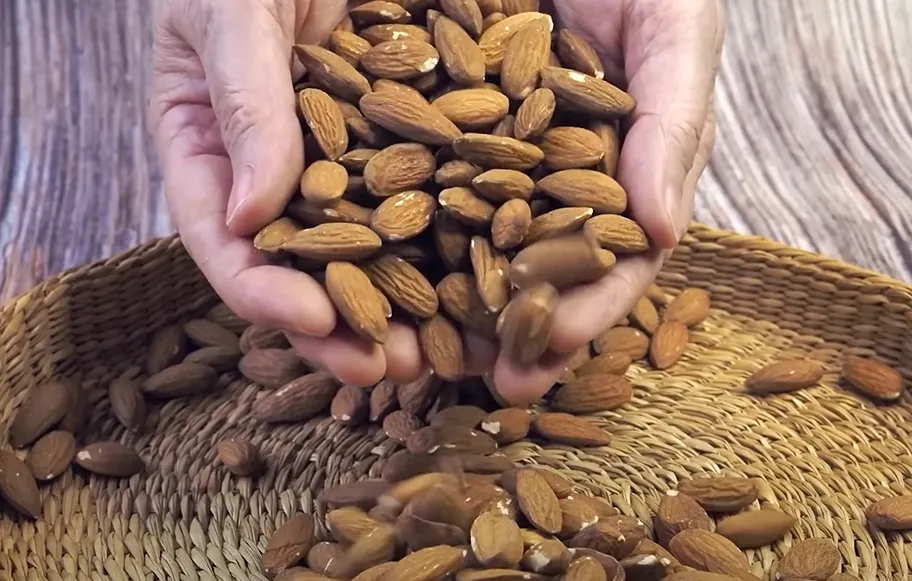
So, why not stock up on a batch and start enjoying some healthy and delicious almonds today?
Whole-grain brown rice
It’s time to ditch the acidic foods and opt for some whole-grain goodness!
That’s where brown rice comes in.
This delicious grain is low in calories and fat, making it a great food option for weight loss goals.
Additionally, it’s packed with nutrients and has anti-inflammatory properties.
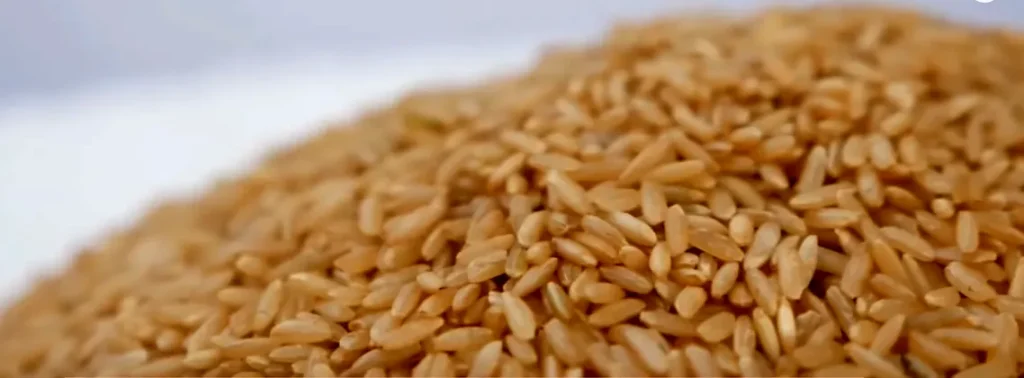
Not to mention, brown rice is a whole grain, which means it contains all of the nutrients that are necessary for healthy eating.
In addition to its health benefits, brown rice is also a great choice because it’s a fiber-rich food.
Leafy greens
Vegetables like spinach, kale, and broccoli are highly alkaline and packed with nutrients.
They are low in calories and high in fiber, making them an excellent choice for weight management.
Root vegetables

Sweet potatoes, carrots, and beets are alkaline vegetables that provide essential vitamins and minerals.
These vegetables are versatile and can be roasted, steamed, or added to soups and stews.
Avocado

Avocados are rich in healthy fats, vitamins, and minerals.
They have a neutral pH and can be enjoyed on toast, in salads, or as a creamy addition to smoothies.
Alkaline fruits
While most fruits are slightly acidic, there are a few that are alkaline in nature.
These include bananas, watermelon, and cantaloupe.
They are low in sugar and provide hydration and essential nutrients.
Legumes
Beans, lentils, and chickpeas are excellent sources of plant-based protein and are highly alkaline.
They can be added to salads, soups, or used as a base for vegetarian dishes.
Healthy fats
Foods rich in healthy fats, such as olive oil, coconut oil, and nuts, are alkaline and provide essential nutrients for brain health and overall well-being.
These fats can be used in cooking or enjoyed as snacks.
Incorporating these non-acidic foods into your diet can help promote better health, reduce the risk of chronic diseases, and improve overall well-being. Remember to consult with a healthcare professional or registered dietitian before making any significant changes to your diet.
This means that it helps regulate blood sugar levels and keeps you healthy overall.
So, ditch the acidic foods and go for some whole-grain goodness!
Benefits of a non-acidic diet
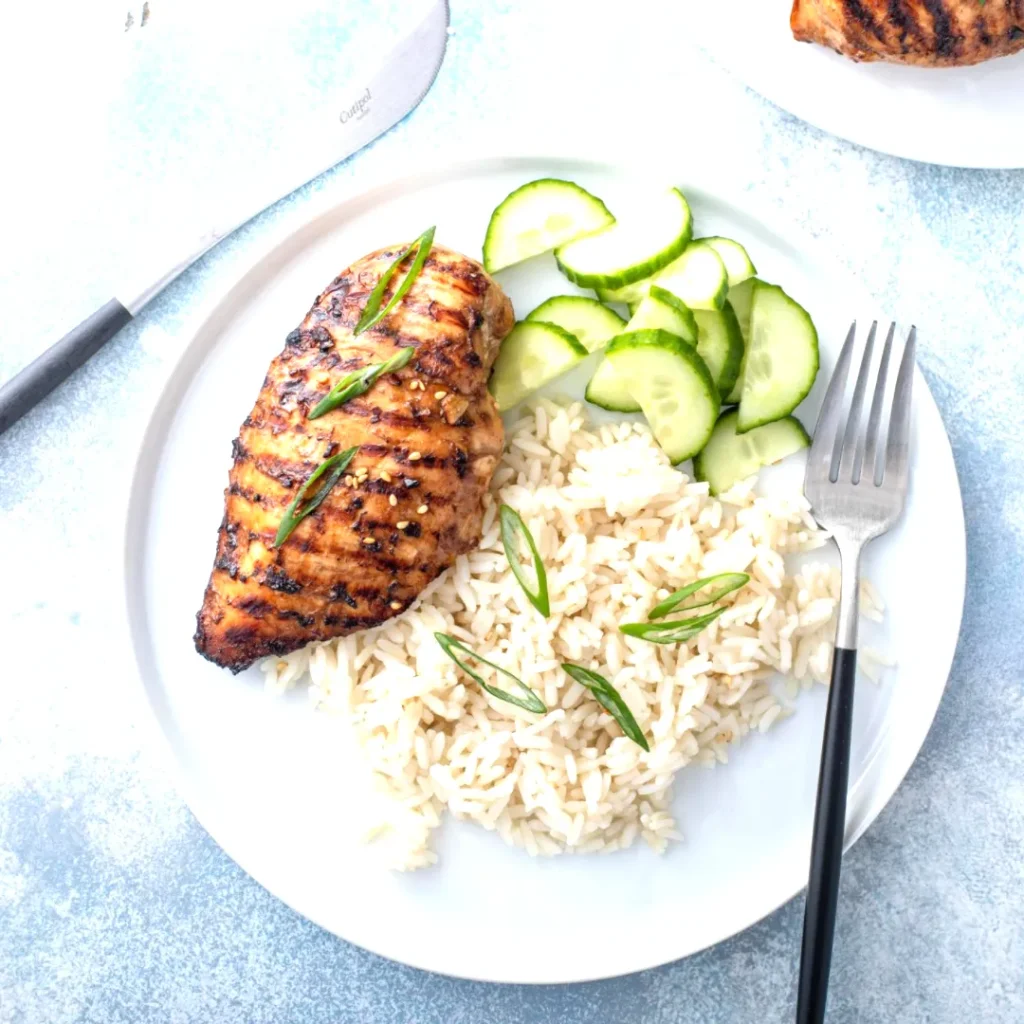
Improved digestion
Non-acidic foods are easier on the digestive system, reducing the risk of acid reflux and heartburn.
These foods can help alleviate symptoms such as bloating, indigestion, and stomach discomfort.
Stronger immune system
Non-acidic foods are often rich in vitamins, minerals, and antioxidants that support a healthy immune system.
By incorporating these foods into your diet, you can strengthen your body’s defense against infections and diseases.
Weight management
Many non-acidic foods are low in calories and high in fiber, making them ideal for weight management.
These foods keep you feeling fuller for longer, reducing the urge to overeat and aiding in weight loss or maintenance.
Improved Heart Health
Non acidic foods can have a positive impact on cardiovascular health, reducing the risk of heart disease and stroke.
Improved dental health
Acidic foods can erode tooth enamel and contribute to dental cavities.
No acidic foods, such as fruits and vegetables, promote good oral health by stimulating saliva production and providing essential nutrients for strong teeth and gums.
Balanced pH levels
Consuming non acidic diet helps maintain a healthy pH balance in the body.
It also helps to maintain a balanced pH level in urine, which is an important indicator of overall health.
An alkaline environment can support optimal bodily functions, including improved digestion, enhanced energy levels, and better overall health.
Effects of eating too many acid-producing foods
Eating a diet high in acid-producing foods can have several negative effects on your health.
Here are some potential consequences of consuming too many acidic foods:
Increased risk of acid reflux and heartburn: Gastroesophageal reflux disease (GERD) occurs when stomach acid flows back into the esophagus, causing heartburn. Acidic foods and beverages can irritate the esophagus and lead to symptoms such as heartburn, indigestion, and regurgitation.
Dental problems: Acidic foods can erode tooth enamel, leading to tooth sensitivity, cavities, and gum disease.
Digestive issues: Acidic foods can disrupt the natural pH balance in the stomach, leading to digestive problems such as bloating, gas, and stomach discomfort.
Weakened immune system: Acidic foods can create an environment in the body that is conducive to the growth of harmful bacteria and viruses, weakening the immune system and increasing the risk of infections.
Poor nutrient absorption: An overly acidic diet can interfere with the body’s ability to absorb essential nutrients from food, leading to nutrient deficiencies and related health issues.
Increased inflammation: Acidic foods can contribute to chronic inflammation in the body, which is linked to various health problems, including heart disease, diabetes, and autoimmune conditions.
By reducing your intake of acid-producing foods and incorporating more food without acid into your diet, you can help mitigate these potential negative effects and promote better overall health.
Conclusion
Thanks for reading! In this blog, we have listed some foods without acid and are good for your health.
By making these dietary changes and including more no acid foods, you can support your overall health and well-being.
So, what are you waiting for?
Start incorporating these foods with no acid content into your diet today!
